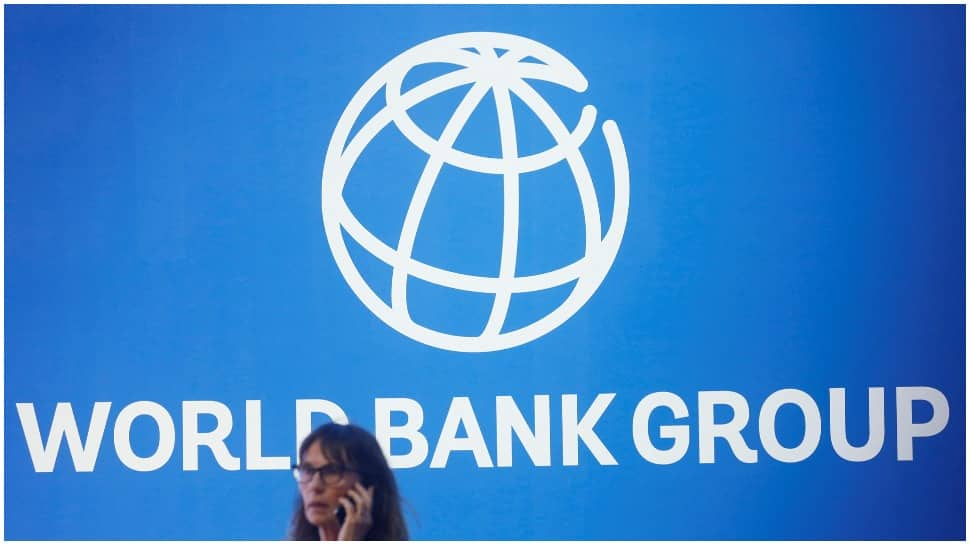
According to a World Bank report, global economic growth is under threat. According to the report, global economic growth will fall to 4.1 percent in 2022 and 3.2 percent in 2023. This decline will be due to new threats from variants of Corona and an increase in inflation, debt, and income inequality. Global economic growth has been at 5.5 percent in the year 2021.
According to the World Bank's latest Global Economic Prospects report, after a strong uptick in 2021, the global economy is entering a clear recession amid new threats from the COVID-19 variant and rising inflation, debt and income inequality, which are emerging and could endanger the path of developing economies to get back on track.
"The world economy simultaneously faces COVID-19, inflation and policy uncertainty, with government spending and monetary policies in uncharted territories," World Bank Group President David Malpass said in a report released Tuesday. Growing inequality and security challenges are particularly harmful to developing countries."
"Concrete international action and broader national policy responses are needed to put more countries on a favorable growth trajectory," Malpass said.
The World Bank said that at a time when governments in many developing economies lack the policy to support activities when needed, the new coronavirus outbreak, persistent supply-chain bottlenecks, and inflationary pressures, and the world's largest High financial vulnerabilities in sectors can increase the risk of a hard landing.
The slowdown between advanced economies and emerging and developing economies will coincide with a wide gap in growth rates. Growth in advanced economies is expected to decline from 5 percent in 2021 to 3.8 percent in 2022 and 2.3 percent in 2023. However, in emerging and developing economies, growth is expected to fall from 6.3 percent in 2021 to 4.6 percent in 2022 and 4.4 percent in 2023.
According to the report, "By 2023, all advanced economies will have achieved full production recovery while output in emerging and developing economies will remain 4 percent below their pre-pandemic trend."
The blow is even bigger for many vulnerable economies. Fragile and conflict-ravaged economies will produce 7.5 percent below their pre-pandemic trend, and small island states will output 8.5 percent.
SSC CGL Result 2023: SSC CGL Tier 1 result released, know category-wise cut-off for all posts
SSC CGL Tier 1 Result 2023: The Staff Selection Commission has declared the result of Combined Gr
The Israel-Iran conflict has reached a very dangerous point. On Sunday morning, the US attacked I
Russia and China have again halted plans backed by the European Union, the US, and 23 other count
A two-day contemplation camp is going to be held in the Faridabad district of Haryana regarding t
The situation has escalated near the Syed Faiz Ilahi Mosque in Turkman Gate following demolition
Along with the national capital Delhi, Uttarakhand, Himachal Pradesh, Uttar Pradesh, Punjab, Hary
The report of the tax paid by former US President Donald Trump while he was President has been ma
Assam Chief Minister Himanta Biswa claimed in an interview with NDTV on Thursday that Hindus are
Flu is spreading in Russia these days. It is considered dangerous for the elderly and already sic
Kusha Kapila Announces Divorce: Big news is coming out about the famous YouTuber Kusha Kapila, wh